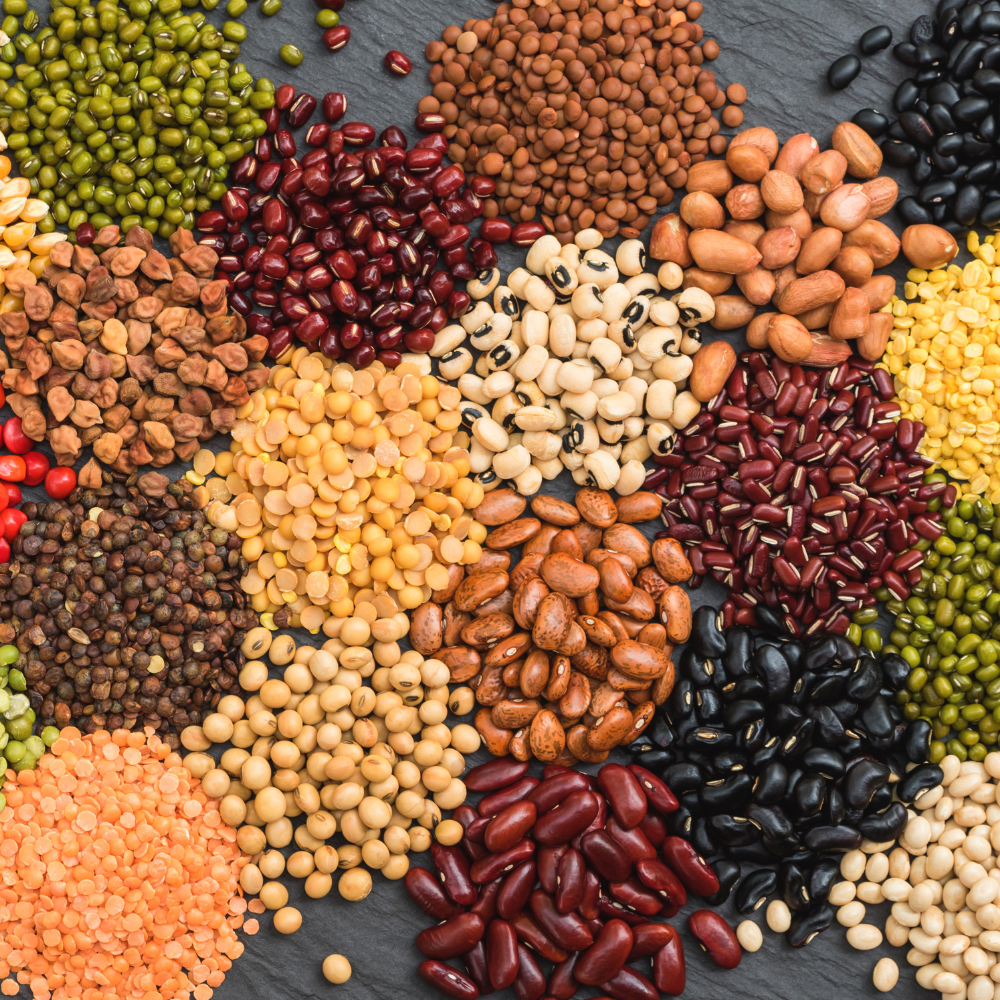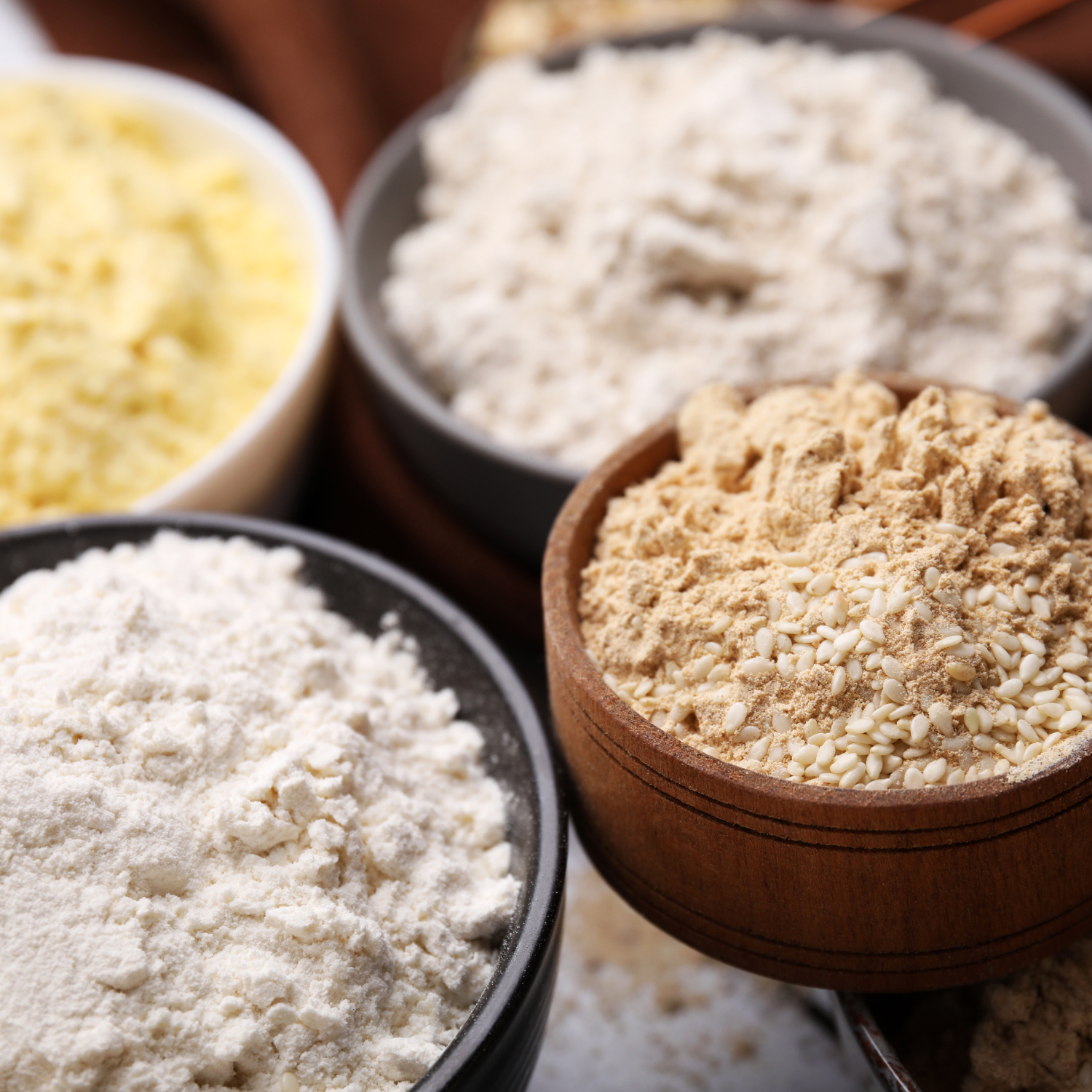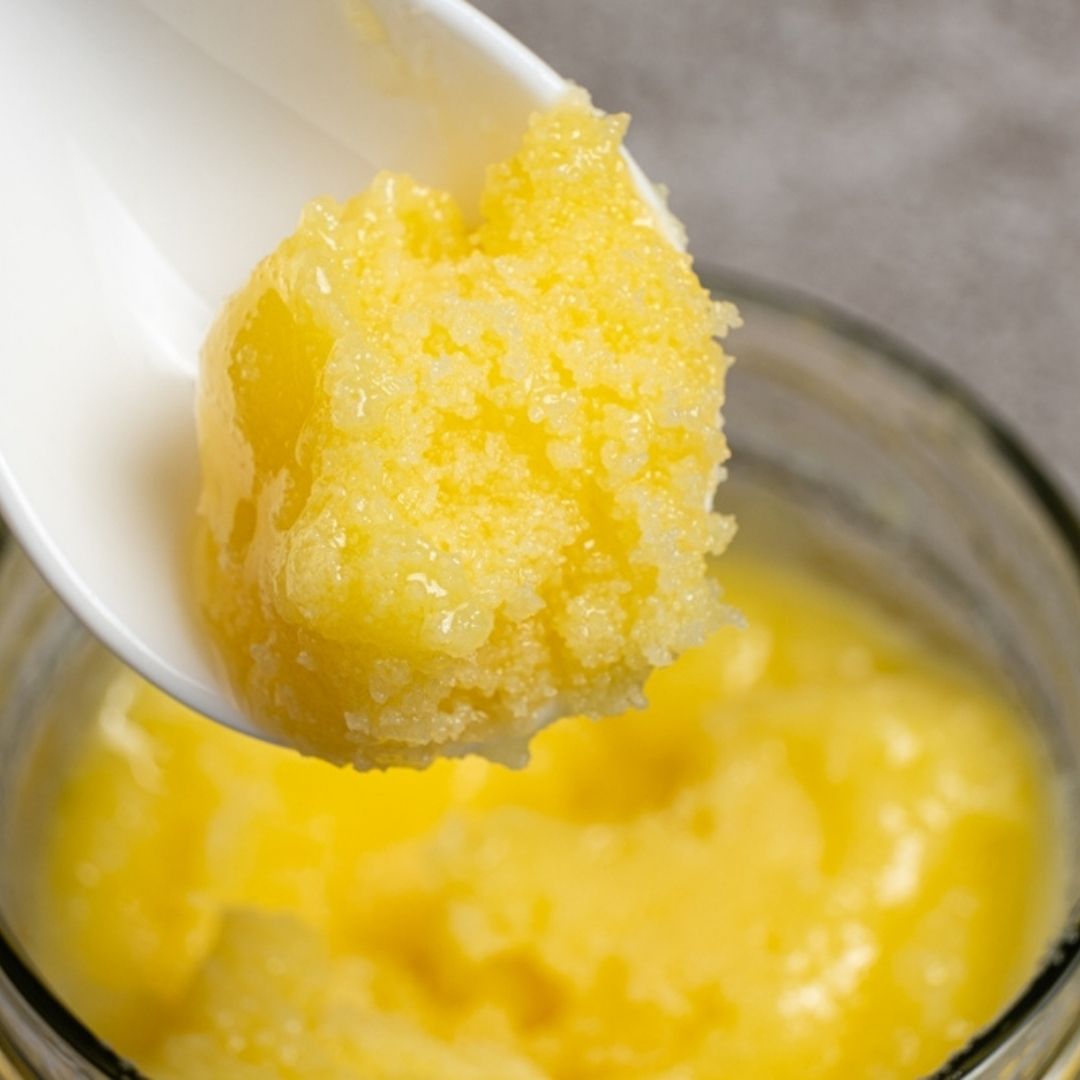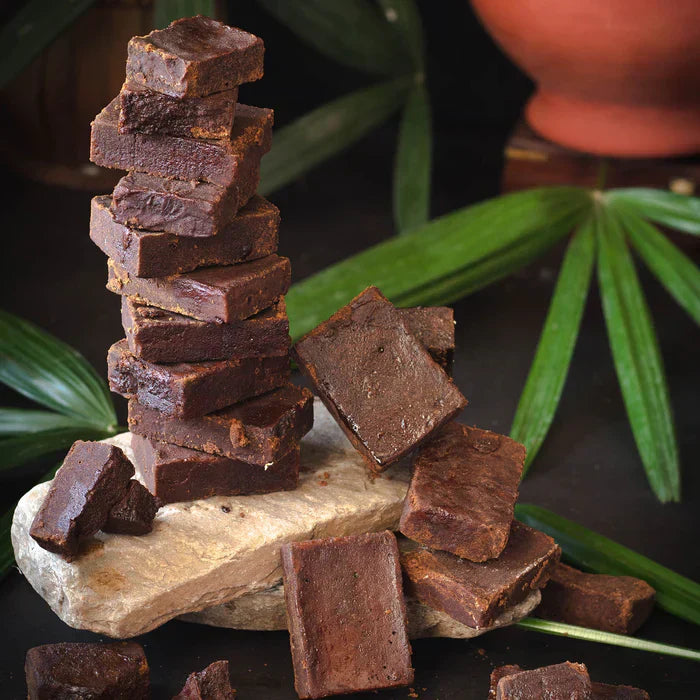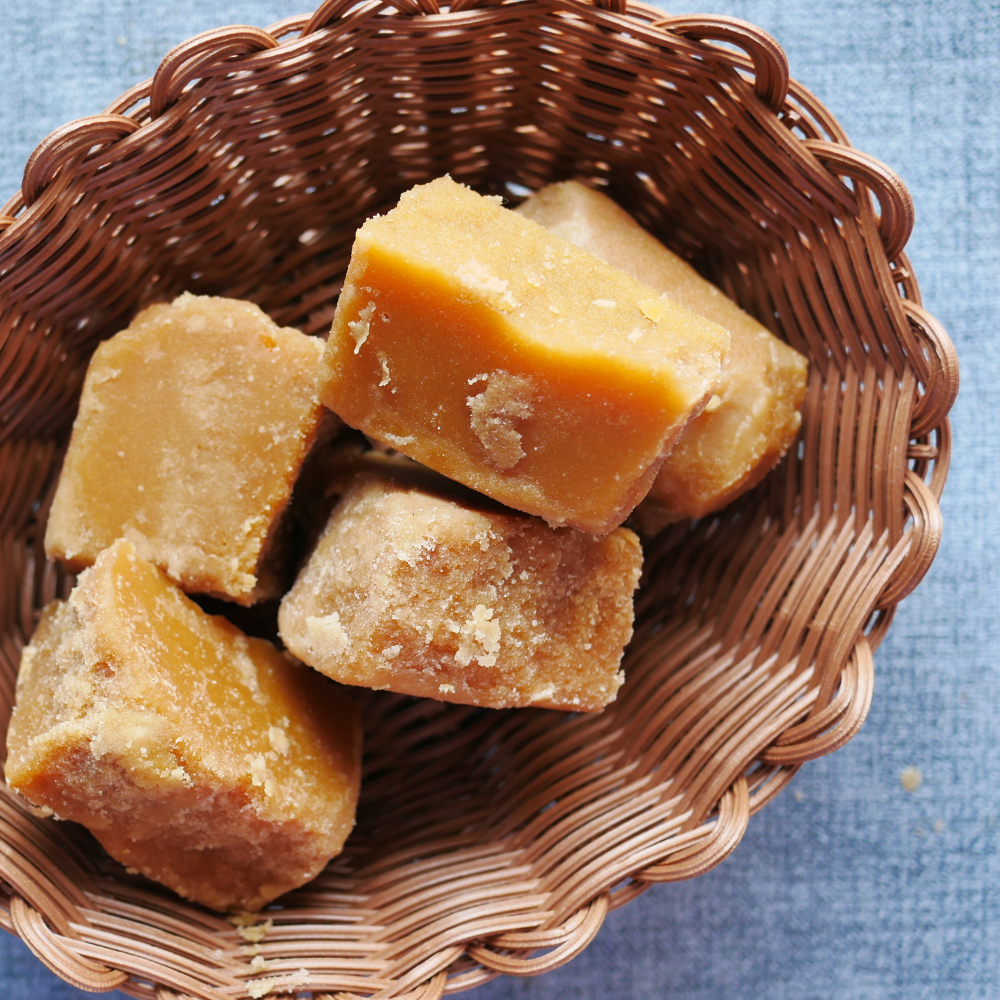No matter what your favorite cuisine, having a bowl of dal-chawal at the end of your tiring day not only comforts your soul but offers warmth and nourishment with every bite. Whether you grew up eating it or discovered it later in life, dal-chawal has a way of making you feel at home. This simple yet soothing dish is infused with the magic of dals or lentils. A staple in Indian households for generations, dals pack a punch of flavor and nutrition to your diet.
Now, be it your hearty stews or light soups, dals are incredibly versatile, and provide endless possibilities for delicious meals that match your tastebuds and are gentle for digestion. So, let's know a little more about dals and explore the varieties that can transform your everyday meals into a delightful burst of flavors that you will love to explore.
Names of Different Types of Dals
There are several different types of dals in India, and they all have different names in different languages. In this section, we'll discuss the types of dals with their English and Hindi names:
| Image | English Dal Name | Hindi Dal Name |
 |
Split Yellow Lentils | Moong Dal |
 |
Whole/Split Brown/Red/Orange Lentils | Masoor Dal |
 |
Whole/Split White/Black Gram | Urad Dal |
 |
Split Bengal Gram/Chickpeas | Chana Dal |
 |
Red Kidney Beans | Rajma |
 |
Black Eyed Peas | Lobia/Chawli |
 |
Moth Beans | Matki |
 |
Whole Green Gram | Sabut Mung |
 |
Black Chickpeas | Kala Chana |
 |
White Chickpeas | Kabuli Chana |
 |
Yellow Split Pigeon Peas | Toor Dal/Tuvar Dal/Arhar Dal |
Masoor Dal: The Speedy Red Lentil
First up in our list, we have masoor dal, or the red lentil. It's perfect for those busy weeknight dinners when you want something quick yet wholesome. Masoor dal cooks in no time, making it a simple and go-to option for any soups, or stews. Rich in protein, iron, and folate, this dal is a nutritional powerhouse that easily fits into vegetarian and vegan menus.
Moong Dal: The Mild-Mannered Bean
Next we have moong dal, or split mung beans. With a mild, nutty texture, this dal is a staple in Asian cooking, and is known for its quick cooking time and digestive benefits. Whether you're making a simple curry or experimenting with a dal-based dip, moong dal is your ideal choice.
Toor Dal: The Sweet and Nutty Classic
Toor dal, also known as pigeon peas, brings a slightly sweet, nutty flavor to the table. It's a star ingredient in dishes like dal tadka, and more. This type of dal usually comes with complex carbohydrates and protein content that makes it a satisfying choice that keeps you fueled and full.
Chana Dal: The Nutty Powerhouse
Chana dal, made from split chickpeas, offers a rich, nutty flavor and firm texture that adds depth to any dish. It's perfect for dal fry, snacks, or even desserts. With its impressive protein and fiber content, chana dal is a fantastic option for those looking to support muscle growth and digestive health.
Urad Dal: The Creamy Dream
Urad dal, or black gram, is the key player in South Indian cuisine. Featured in dishes like dosa and idli, it's packed with protein, potassium, and calcium, and promotes bone health and muscle function.
Moth Dal: The Underrated Gem
Moth dal, or matki dal, is a lesser-known variety with a distinct nutty flavor and slightly chewy texture. It's a great choice for dal-based snacks or hearty meals. Rich in protein, fiber, and antioxidants, moth dal supports heart health and boosts your immune system.
Masoor Malka Dal: The Smooth Operator
Masoor malka dal, or split red lentils, offers a smoother texture and milder flavor than its masoor counterpart. Ideal for soups, stews, and salads, this dal is rich in protein, folate, and manganese, promoting cell repair and growth.
Arhar Dal: The Nutty Comfort Food
Arhar dal, or split pigeon peas, is a favorite in many Indian homes. Known for its nutty flavor and creamy texture, this dal is a must have for your khichdi or a flavorful sambar. Arhar dal is thus a versatile and nutritious addition to your kitchen.
Conclusion
Therefore, dals are not just an ingredient, but are the heart and soul of countless dishes in most Indian households. Whether you're a seasoned chef or someone in search of a plant-based diet, incorporating these delightful legumes into your meals will elevate your dishes and nourish your body.
Thus, choose the right dal, and let this secret ingredient be the key to your wholesome meals.

